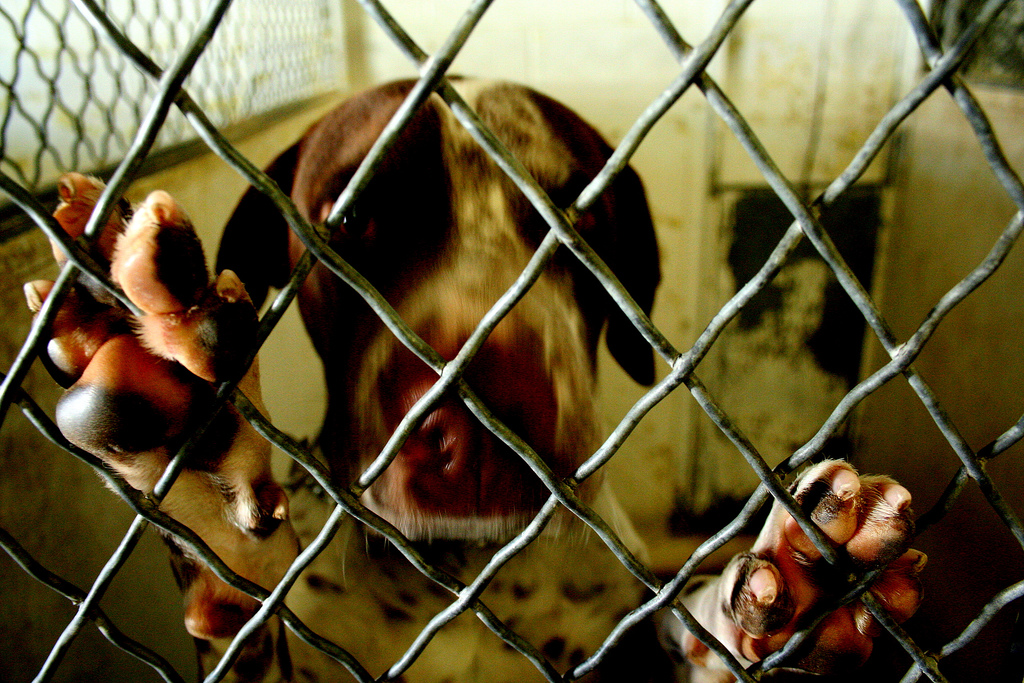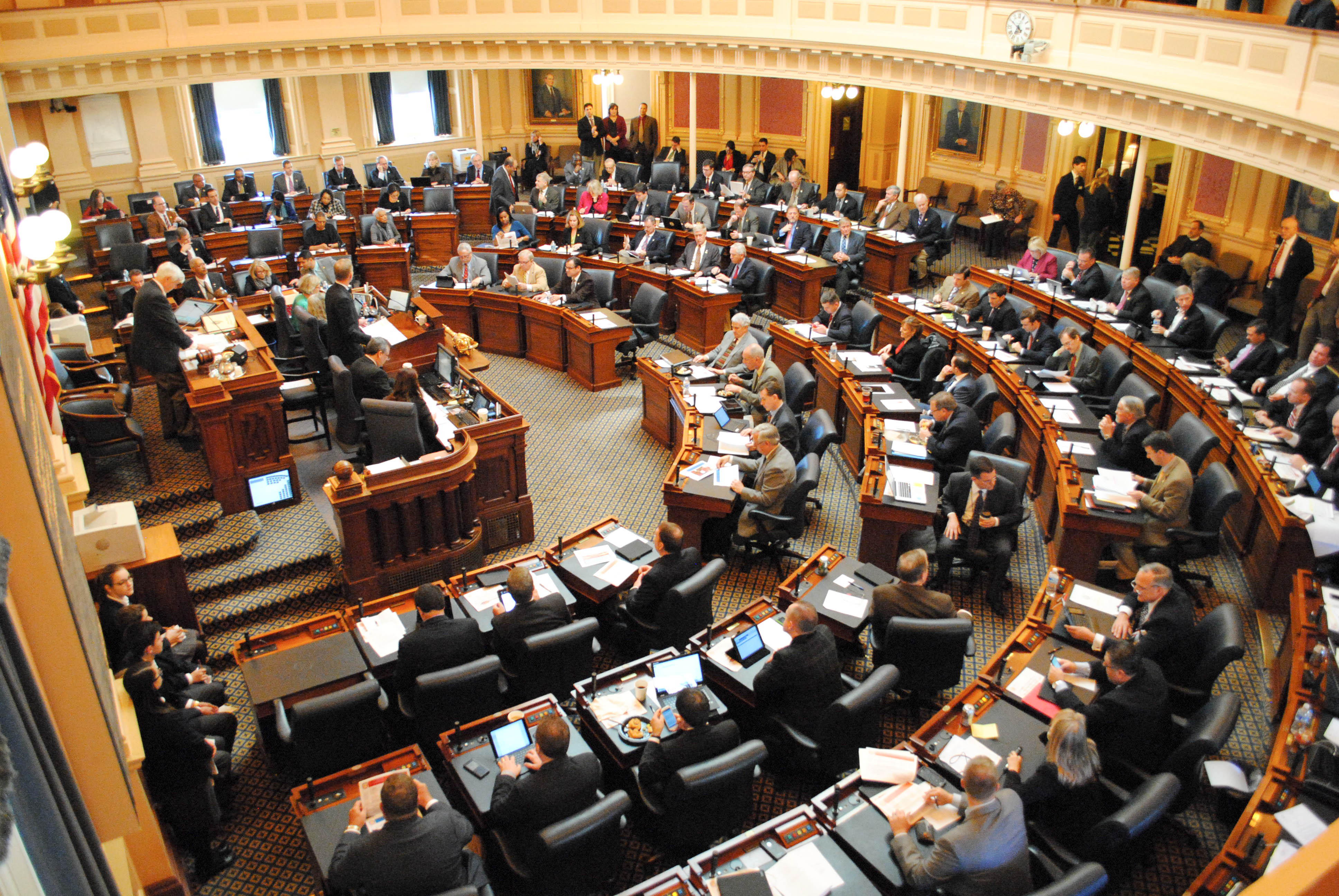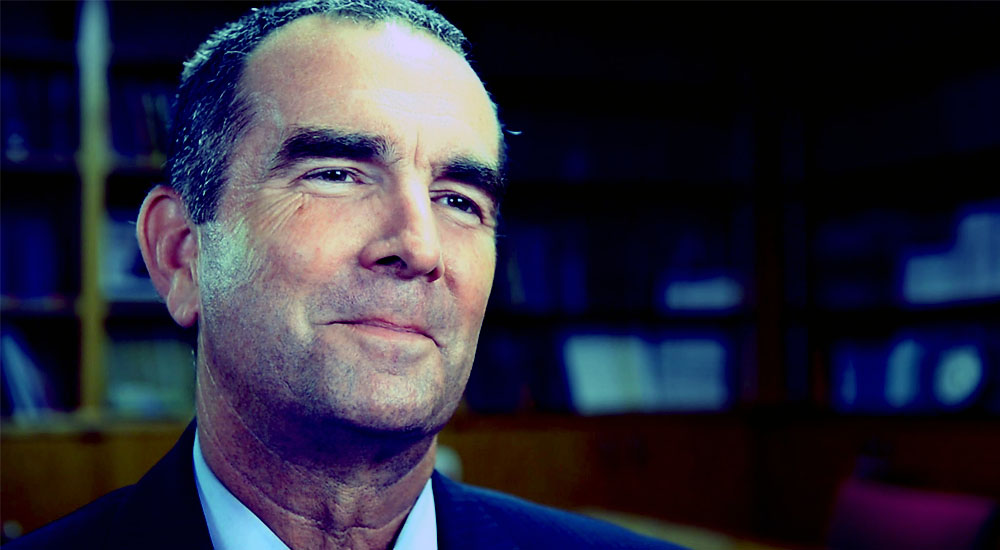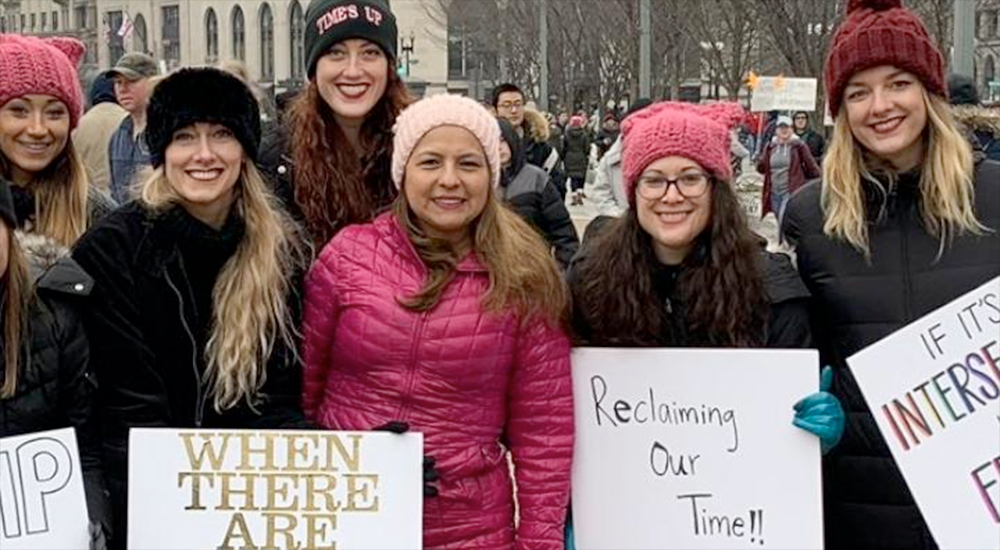Photo ID requirements became a topic of debate during Tuesday’s floor session of the Virginia House of Delegates, with Republican Majority Leader Todd Gilbert (R-Shenandoah) sparring with his Democratic colleague Mike Mullin (D-Newport News) over identification requirements related to voting and pawnbrokers.
Earlier this year, Mullin introduced HB1774, a bill requiring Virginians to show valid and unexpired government ID when offering goods to a pawnshop. Mullin said his bill would help cut down on illegal transactions at pawnshops.
“HB1774 is a bill to clarify that unexpired government-issued IDs are required for pawning goods,” said Mullin on the floor, speaking to the bill. “Current law only states that the ID must be government issued.”
“HB1773 [sic] came as a direct recommendation from the city of Newport News to allow for more effective enforcement of the identification requirement to pawn goods, to ensure more accurate record keeping, and to deter attempts to fence stolen goods,” he continued.
During his 2017 campaign, Mullin opposed a voter ID requirement, even though polls show it is backed by a strong majority of voters, with some surveys pegging support as high as four in five, according to Gallup.
“No, restricting access to the polls on Election Day is a form of voter suppression,” Mullin told the Williamsburg Yorktown Daily.
Earlier this year, Governor Ralph Northam made the repeal of Virginia’s voter ID requirement a priority during his annual State of the Commonwealth address. Democratic lawmakers answered his call, with Delegate Kaye Kory (D-Falls Church) introducing HB2565 to implement the governor’s policy proposal. Similar legislation was offered by Senator Mamie Locke (D-Hampton) as SB1447 in the upper chamber.
The proposed legislation would completely repeal Virginia’s photo ID requirement for voting, despite public support.
When presenting his bill on the floor, Mullin faced pushback from House Republican Majority Leader Todd Gilbert (R-Shenandoah), who used the discussion on pawnbroker ID requirements to ask his Democratic colleagues about their support for repealing the voter ID law.
“I would ask the gentleman if he likewise believes that the general principle of verification of identity before pawning goods is a good thing,” Gilbert inquired of Mullin.
Appearing visibly nervous, perhaps suspecting a voter ID debate lay ahead, Mullin asked Gilbert to restate the question, before ultimately agreeing with his premise.
“I would ask the delegate if he has inquired of the governor if the governor, likewise, believes in that principle, given his recent edicts or commentary on his desires, with respect to showing government ID to perform certain necessary functions in our society,” Gilbert added. “I would ask the delegate if he believes the right to pawn goods is an essential function of our democracy.”
“Everybody, all the time, has to show an identification to do all kinds of things, and that is perfectly acceptable thing to do, even when you’re pawning your watch,” Gilbert continued. “The one time that we find that is never appropriate, from our friends on the other side of the aisle, to have to show an ID, is when you do something so essential and fundamental to our democratic process as cast a vote.”
“One can see where there are all kinds of reasons we would want to prevent someone from pretending to be someone else in order to pawn goods, I would hope that we would all agree, although we obviously do not, given the governor’s recent desire to repeal the voter ID law, I would hope we all agree that pretending to be someone else when you’re voting is likewise we should try to deter.”
“I just wanted to join the chorus of support for having to show identification,” Gilbert added in closing.
House Republican leaders have vowed to defend Virginia’s voter ID law against Governor Northam’s attempts to repeal it.
Republican leaders have indicated the governor’s repeal proposal will not pass this session, though that could change if Republicans lose seats in the General Assembly this November. Currently, Republicans control the House of Delegates and Senate, holding majorities of 51-48 and 21-19, respectively.










